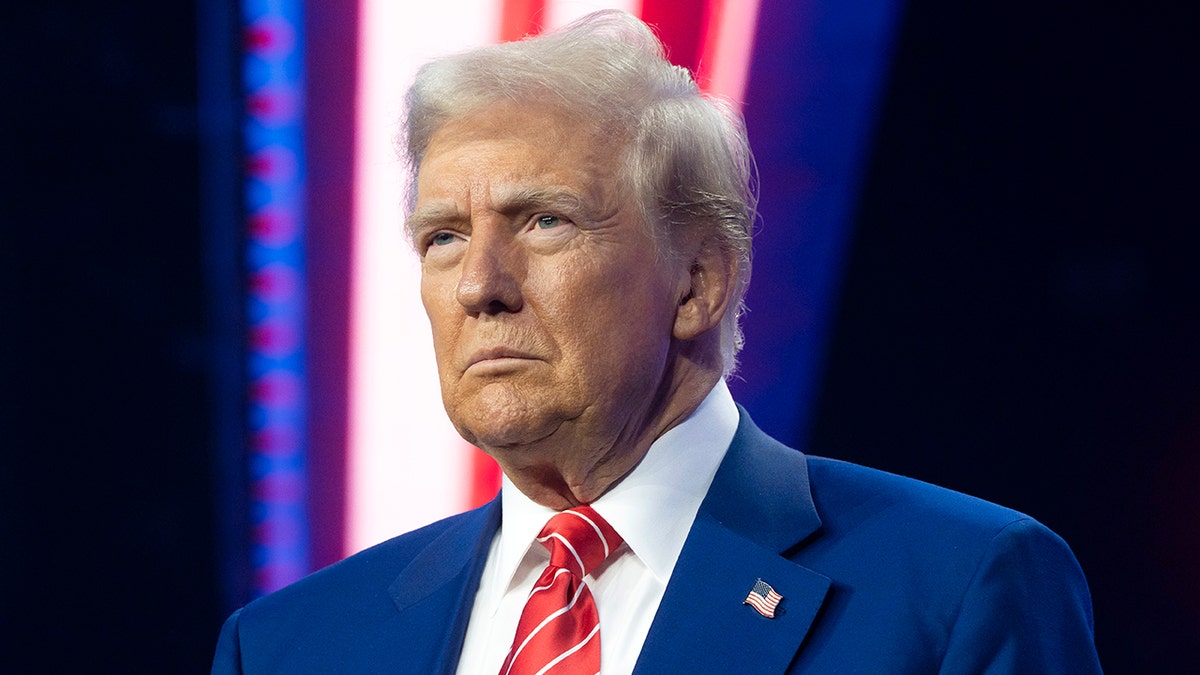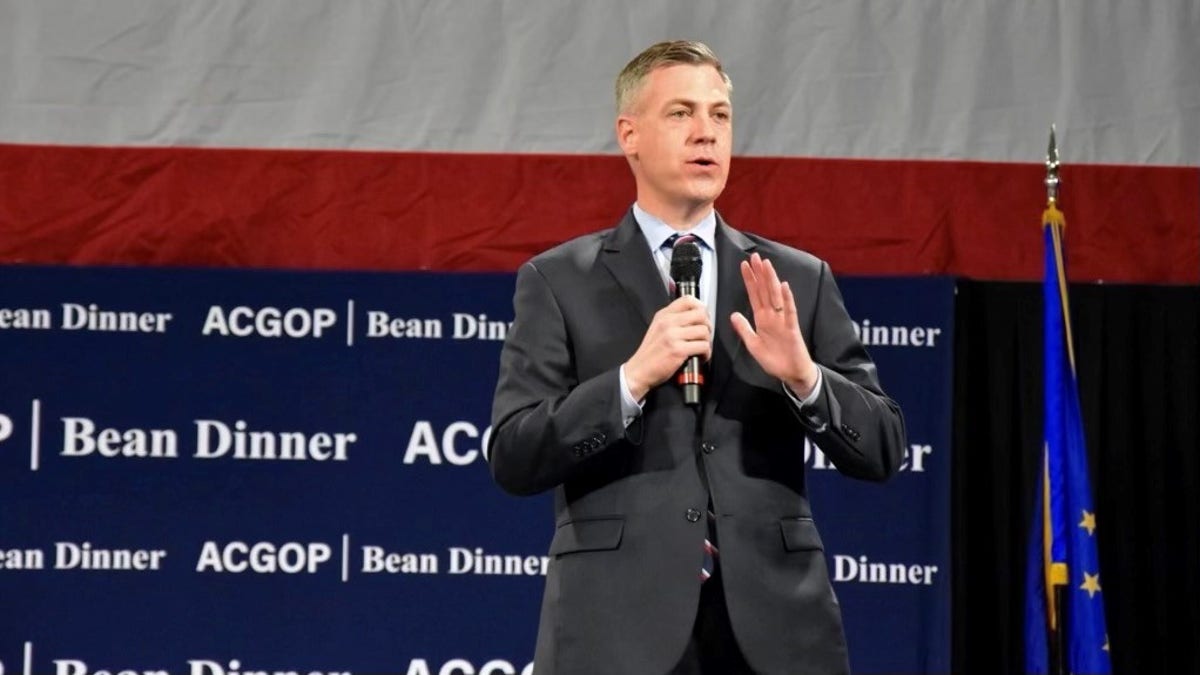The convergence of Donald Trump's second-term inauguration in 2025 with Martin Luther King Jr. Day presents a unique opportunity to reflect on a shared vision between these two seemingly disparate figures: the pursuit of peace in the Middle East through economic collaboration. While their political approaches differ significantly, their emphasis on economic prosperity as a catalyst for stability reveals a surprising common ground.
In 1966, amidst escalating tensions in the Middle East, Dr. King proposed a radical idea: fostering peace not through military intervention or political negotiations, but through economic cooperation. He envisioned religious tourism, particularly Christian pilgrimages, as a means to bridge the divide between Jews and Arabs, promoting dialogue and mutual understanding. His plan involved sending thousands of American Christians to holy sites in both Israel and neighboring Arab nations, stimulating economic growth and cultural exchange.
King's approach, as documented in "Shared Dreams: Martin Luther King Jr. & the Jewish Community," stemmed from his conviction that sustainable change arises from cooperation, not coercion. He recognized the potential of economic incentives to break the political deadlock in the region. He even initiated discussions with Israeli and Jordanian officials to facilitate cross-border movement and proposed the construction of an amphitheater on the Sea of Galilee as a symbol of unity.

The economic benefits were evident: job creation, economic stimulation, and, crucially, a bridge to peace. King aimed to establish an economic infrastructure that would connect people, demonstrating the mutual advantages of collaboration. Unfortunately, the Six-Day War in 1967 shattered these aspirations, halting King's initiative before it could fully materialize.
Decades later, echoes of King's vision resonate in Donald Trump's Middle East policies. Trump's "peace through prosperity" strategy, unveiled in 2018, similarly prioritizes economic cooperation as the bedrock of peace. The Abraham Accords, signed in 2020, normalized relations between Israel and several Arab nations, embodying Trump's belief in the power of economic incentives – trade agreements, investments, and joint ventures – to foster peace.

While the Abraham Accords represent a significant step, the path to enduring peace remains challenging. King envisioned a profound and comprehensive economic partnership that extended beyond political normalization. Trump's approach, although impactful, requires further development to achieve its full potential. True peace necessitates not only political agreements but also sustained economic partnerships that cultivate long-term stability and shared prosperity.
As Trump embarked on his second term, the pursuit of peace in the Middle East continued. Building upon King's vision of economic cooperation, expanding economic ties, and establishing enduring collaborative frameworks are essential to achieving the shared aspiration of lasting peace in the region.








